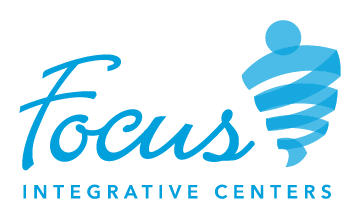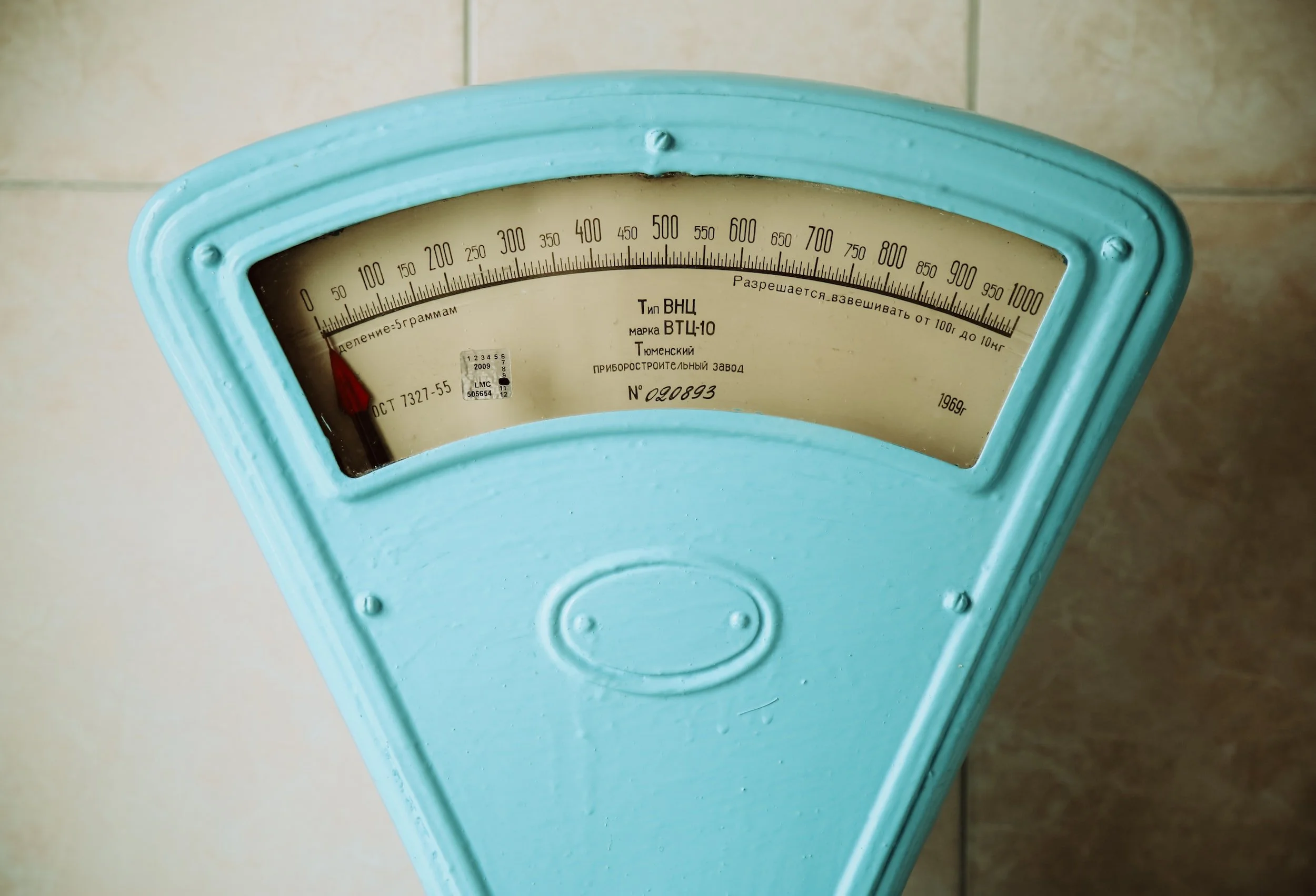Winter is Often a Perfect Time to Heal
How to Talk to Someone in Recovery: Advice for Friends and Family
Recovery is for everyone
September has been observed as National Recovery Month since 1989. …The ripple effect of an addiction touches the lives of many, making the path of recovery a broad one where more than just former addicts are traveling. Family members and friends, healthcare workers, first responders, and behavioral health providers are just some of the travelers, because recovery really is for everyone.
Grocery Shopping in Eating Disorder Recovery
Eating disorder recovery comes with many challenging tasks while adjusting back to life after treatment. For many clients, one of the most challenging is grocery shopping. Grocery shopping is a regular part of daily life, but if you have had an eating disorder or are currently in recovery, the grocery store can often be seen as a place filled with a lot of food and a lot of anxiety; a very stressful combination.
Is Mental Restriction Causing You to Binge Eat?
Do you often have thoughts like, “I shouldn’t be eating this,“ or “I ate too much today, I need to eat less tomorrow.”? If so, you most likely have mentally restricted before. Mental restriction is exactly what it sounds like - putting limitations or shame around food you are eating in hopes to eat less.
Cognitive Distortions in Eating Disorders
So, first thing’s first… what are cognitive distortions? Cognitive distortions, a term first coined by David Burns in his 1981 book Feeling Good: The New Mood Therapy, are negative ways of thinking that are inaccurate, misinformed, and designed to increase negative feelings about ourselves, others, and the world around us. Basically, cognitive distortions are up to no good and can contribute greatly to the development of (and worsening of) eating disorders.
The Stages of Group Therapy
Group therapy has different stages. For example, the “transition stage” is just one stage and should be a stepping stone into the “working stage.” During the transition stage, members begin to express themselves and have conflict with taking risks as well as playing it safe. Group members start to open up and share more of themselves within the group setting.









